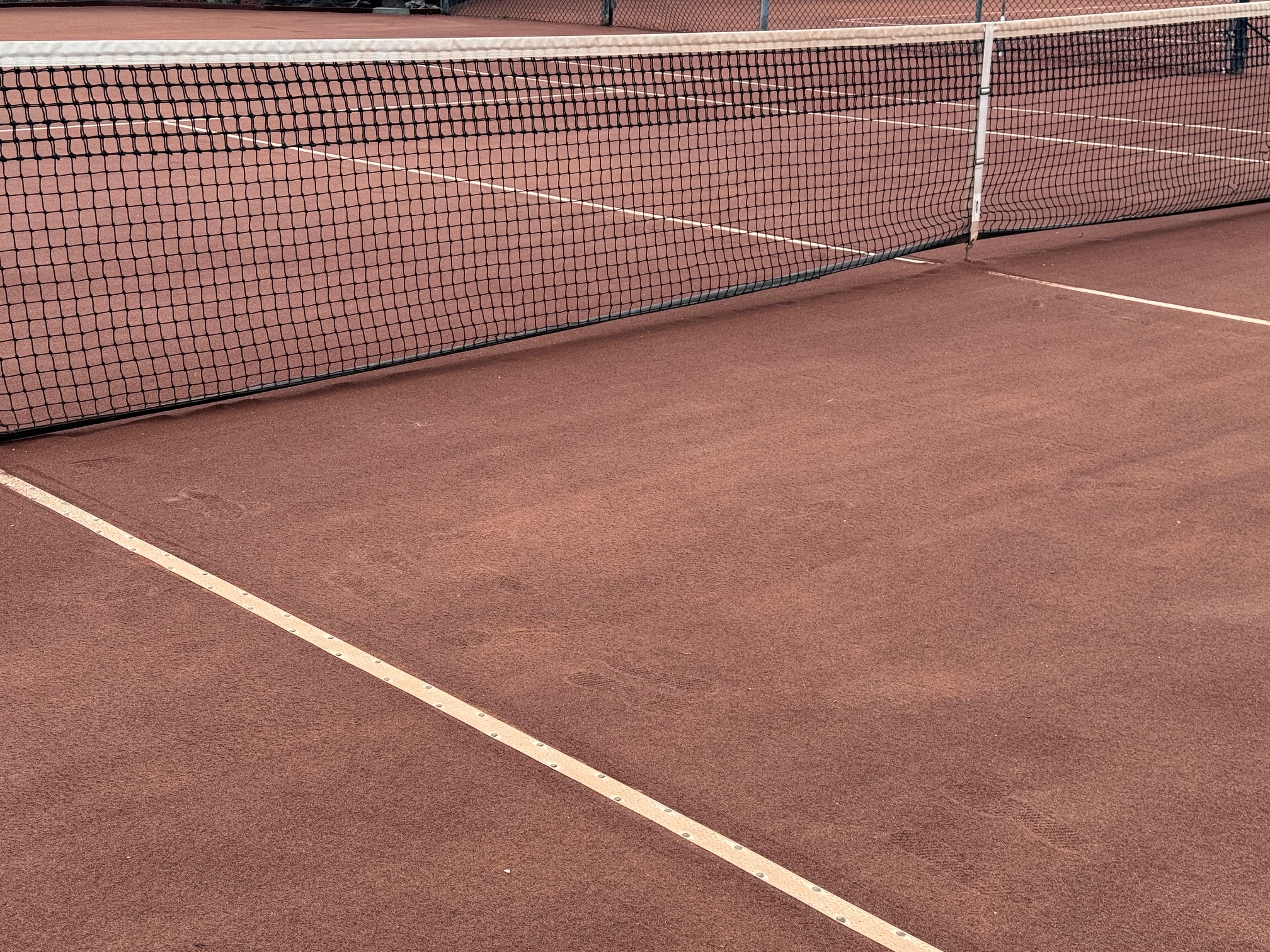Serious tennis players know a balanced diet is fundamental for maintaining a healthy body and mind. Good nutrition fuels our energy, strengthens immunity, and optimizes brain function. It equips us to handle intellectual challenges with clarity and agility of thought. Today, I am writing about the importance of a balanced diet with a twist.
This post focuses on the consumption of information rather than food. Specifically, good information fuels our mental energy, strengthens intellectual immunity, and optimizes brain function. It equips us to handle mental challenges with clarity and agility of thought. Data is just as essential for peak performance as good nutritional dietary habits.
The quality of the news we receive is crucial for keeping us mentally sharp and well-informed. We live in a fast-paced, information-driven world and are constantly bombarded with “news” through social media. It is important to know that the users are the product rather than the customers on any “free” online platform. Social media servers are tuned to keep us engaged by delivering content that generates more and more clicks and scrolling. The algorithms funnel us into echo chambers fueled by our own biases and emotions.
Echo chambers are particularly harmful because they limit our exposure to diverse viewpoints. Living in a world that filters out alternative ideas isn’t healthy. It creates a distorted sense of reality where opinions are narrow, extreme, and occasionally factually ungrounded. People who only see content that agrees with their existing beliefs are less likely to question it or seek to understand the perspectives of others. Empathy dies in echo chambers.
Just as nutritional labels on the food we purchase can help consumers make informed choices based on the health impacts of packaged products, similar information for news sources can be found on the Ad Fontes Media Bias Chart. This graphical representation plots news outlets on a spectrum in two dimensions: political bias and reliability. If your primary news source is at either tail end of the chart, there is an above-average chance that your informational health is lacking. You might be in an echo chamber.
Consuming a variety of perspectives using verifiable factual information from credible outlets can help us avoid sensationalism or misinformation. A well-rounded media diet fosters critical thinking, broadens our understanding of complex issues, and allows us to develop well-informed opinions. Just as we need various food-based nutrients to fuel our bodies, we also need reliable news sources to fuel our minds.
Much like a balanced diet improves our performance on the tennis court, a well-rounded media diet enhances our mental agility, sharpens our critical thinking, and helps us approach the world with greater empathy and awareness. Focusing on news sources that value accuracy and a range of viewpoints can drive us toward more thoughtful, meaningful, and productive discourse. Now more than ever, it is important to strengthen our collective ability to respond thoughtfully to the complex issues shaping our world.
For the most part, this daily blog provides readers with the tools and insights needed to excel on the tennis court. These concepts sometimes extend beyond the game, offering perspectives that can help us all be better in life. Thank you for indulging me in this brief but very important tangent.




The article and website link is a good starting point to judge the source of news information but rather than ‘reliability’ i would love for the website to have an ‘accuracy’ rating. The sources may report reliably from a source – but that information may not be accurate!
So much of our daily news information is presented as ‘fact’ when it is just ‘opinion’. I prefer news sources that show the original information or where to source it, and when introducing an item of news where there is a commentator or a person who originated the news, the introducer asks the guest, if there is anything amiss with the introduction or would they like to change any of the remarks. In this way, ‘spin’ of issues is reduced.
Unfortunately, not many news sources adopt this approach!